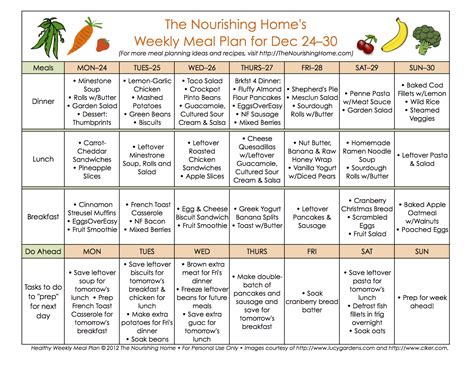How to optimize carb timing for peak energy, muscle gain & fat loss?

Fueling Your Fitness: The Strategic Art of Carb Timing
Carbohydrates are the body’s primary source of energy, playing a pivotal role in everything from brain function to high-intensity exercise. While the total amount of carbs you consume is important, when you consume them can significantly impact your energy levels, ability to build muscle, and effectiveness in losing fat. This guide delves into the science and practical application of carb timing, helping you harness their power for optimal results.
Understanding the Core Principles of Carb Metabolism
To master carb timing, it’s essential to grasp how your body processes carbohydrates. When you eat carbs, they’re broken down into glucose, which enters your bloodstream. This triggers the release of insulin, a hormone that helps transport glucose into cells for immediate energy or storage as glycogen in your liver and muscles. Optimizing carb timing revolves around intelligently managing these glycogen stores and insulin responses.

Pre-Workout Carbs: Powering Your Performance
Consuming the right carbohydrates before exercise is crucial for fueling your workout and preventing premature fatigue. These carbs top off your muscle glycogen stores, providing a readily available energy source.
- 2-3 Hours Before: Opt for complex carbohydrates (e.g., oats, whole-grain bread, sweet potatoes) combined with a moderate amount of protein. These digest slowly, providing a sustained release of energy.
- 30-60 Minutes Before: If you need a quick energy boost closer to your workout, a smaller serving of easily digestible simple carbs (e.g., a banana, an apple, rice cakes) can be effective without causing digestive upset.

Post-Workout Carbs: Accelerating Recovery and Growth
The post-workout window is often considered the most critical time for carb intake, especially after intense training. During exercise, muscle glycogen stores are depleted, and muscle tissue can be damaged. Fast-acting carbohydrates are key here.
- Immediately After (within 30-60 minutes): Consume fast-digesting carbohydrates (e.g., dextrose, maltodextrin, white rice, ripe fruit) alongside protein. The rapid insulin spike from these carbs helps quickly replenish muscle glycogen, drives amino acids and other nutrients into muscle cells, and halts muscle breakdown (catabolism). This sets the stage for efficient recovery and muscle protein synthesis.

Carbs Throughout the Day: Sustaining Energy and Managing Fat Loss
While pre- and post-workout timing are critical, how you distribute carbs throughout the rest of your day also impacts your goals.
- Morning: Many find a moderate amount of complex carbs in the morning helps replenish overnight glycogen stores and provides sustained energy for the day.
- Evening: The common myth is to avoid carbs at night. However, for most active individuals, a sensible portion of complex, fiber-rich carbs (e.g., vegetables, lentils) can aid satiety, sleep, and recovery without hindering fat loss, especially if they fit within your daily caloric and macronutrient targets. Avoid excessive simple sugars.
- General Principle: Align your carb intake with your activity levels. On active training days, you’ll generally require more carbs. On rest days, you may opt for lower carb intake to support insulin sensitivity and prevent excess fat storage, focusing more on healthy fats and proteins.

Carb Cycling and Rest Day Strategies
For advanced trainees or those with specific body composition goals, carb cycling can be an effective strategy. This involves alternating between high-carb, moderate-carb, and low-carb days based on your training intensity and goals. On rest days or low-intensity days, reducing your carb intake helps promote fat utilization and maintains insulin sensitivity. On high-intensity training days, increasing carbs provides the necessary fuel for performance and recovery.
The Personalized Approach to Carb Timing
While these guidelines provide a strong framework, remember that individuality is key. Factors like your metabolism, training intensity, body composition, and personal preferences all play a role. Experiment with different timing strategies and types of carbohydrates to see what works best for your body and your goals. Listen to your body’s signals regarding energy levels, digestion, and recovery. Combined with adequate protein intake, healthy fats, and consistent training, optimized carb timing can be a powerful tool in achieving peak energy, maximizing muscle gain, and accelerating fat loss.









